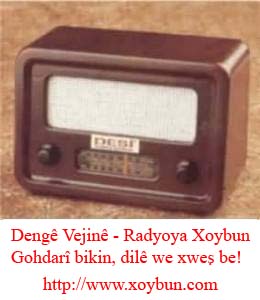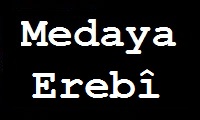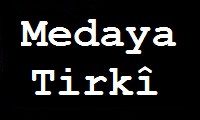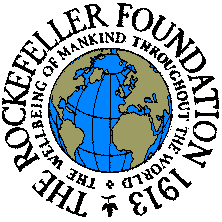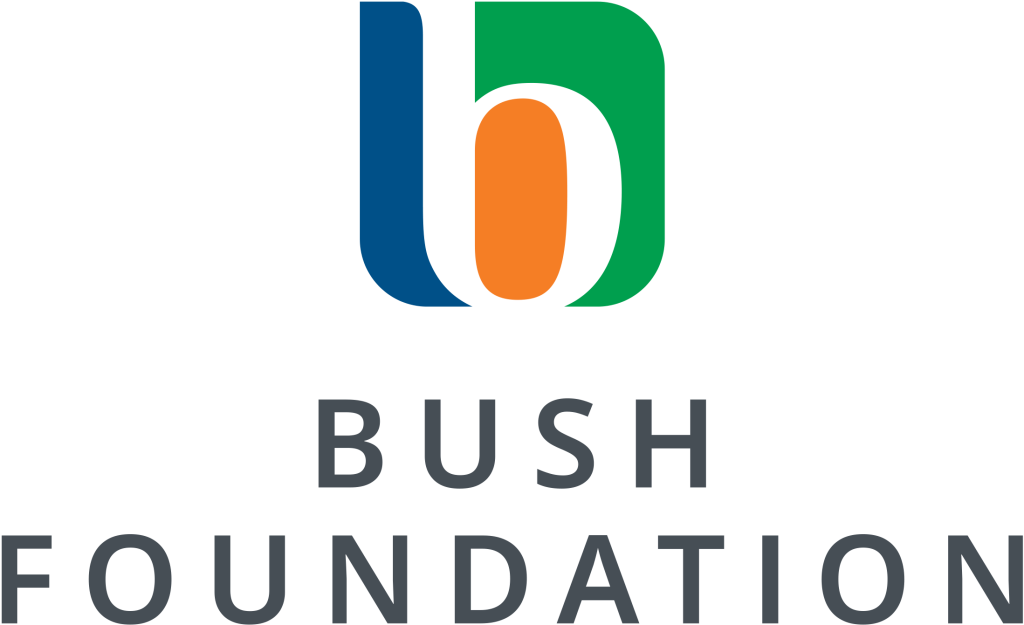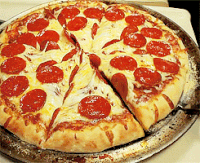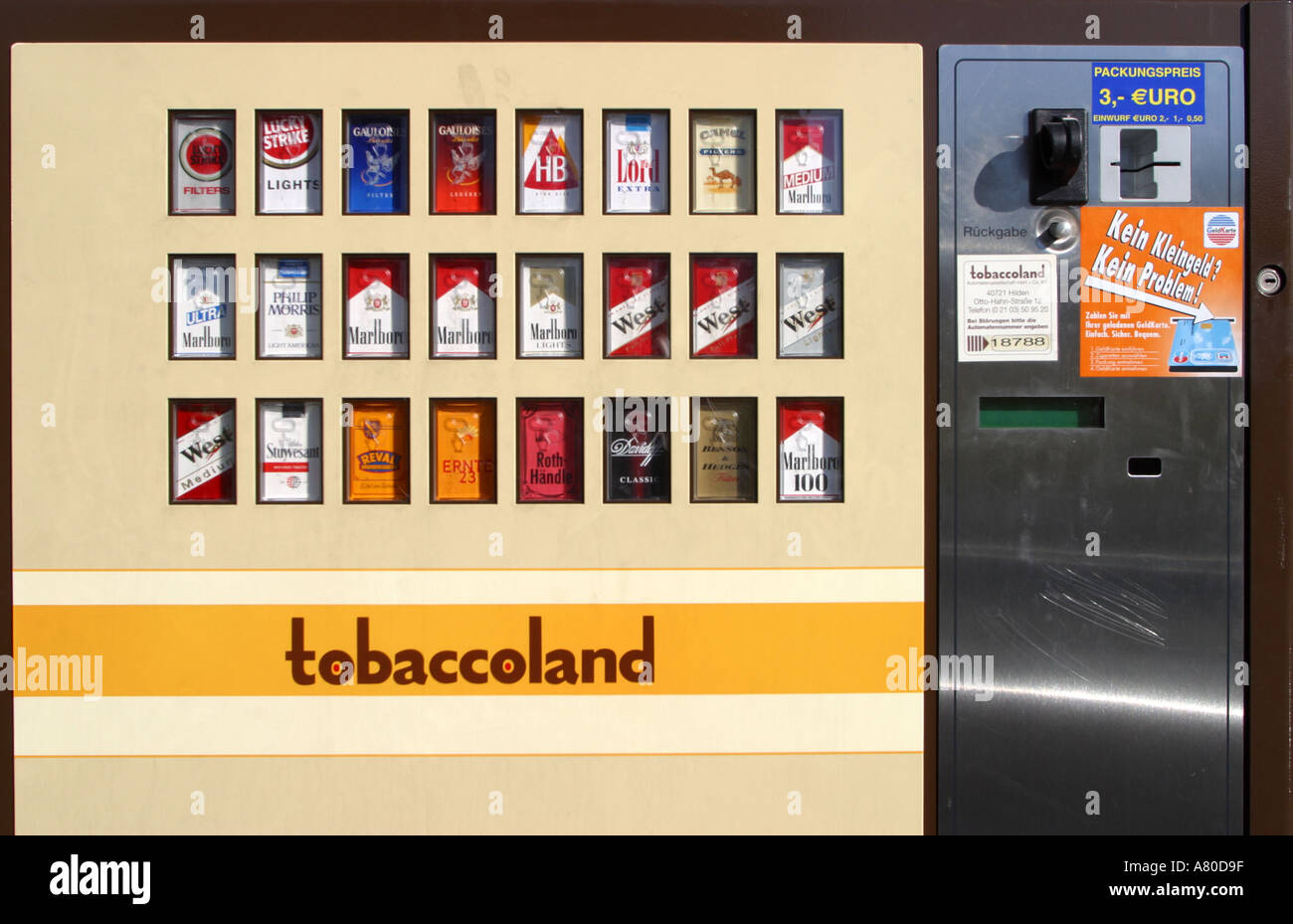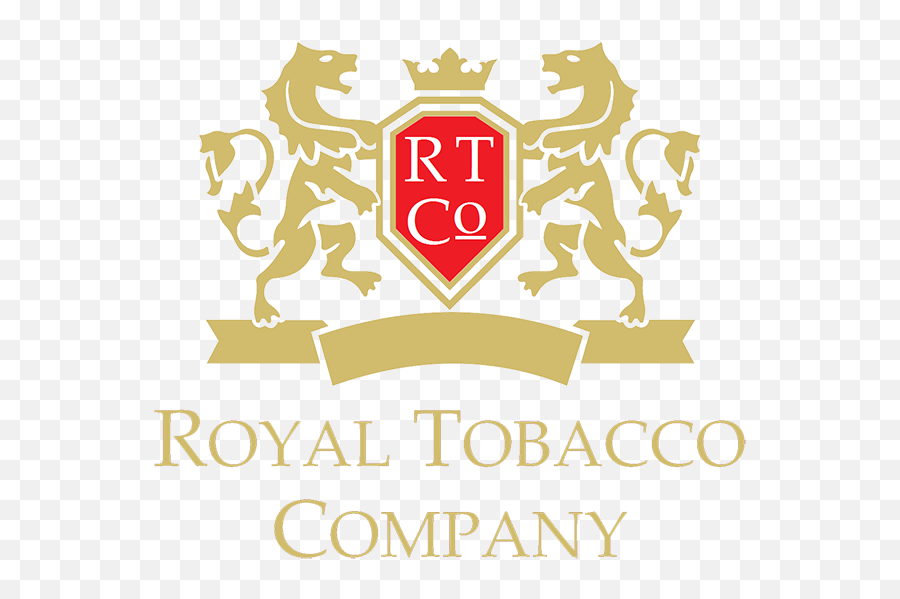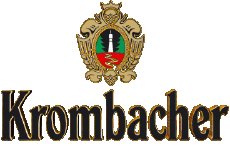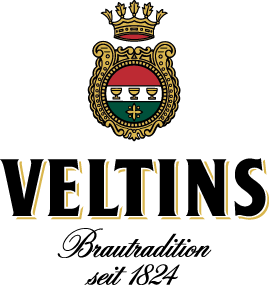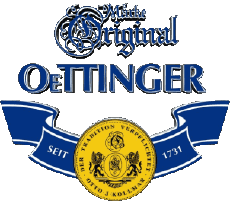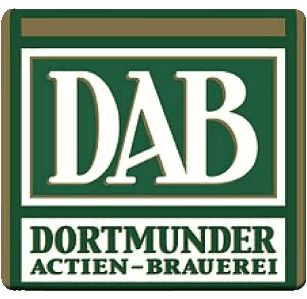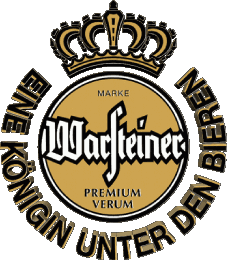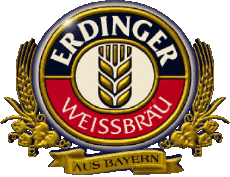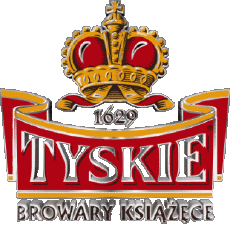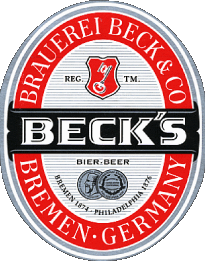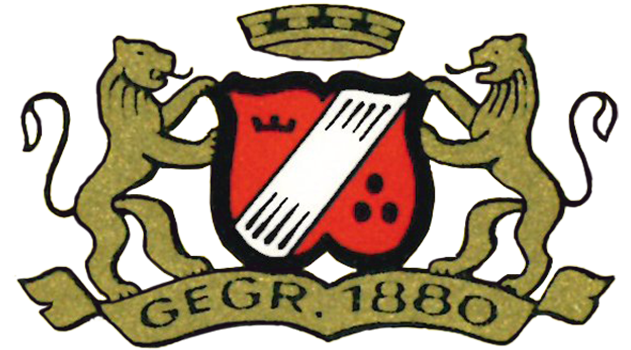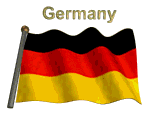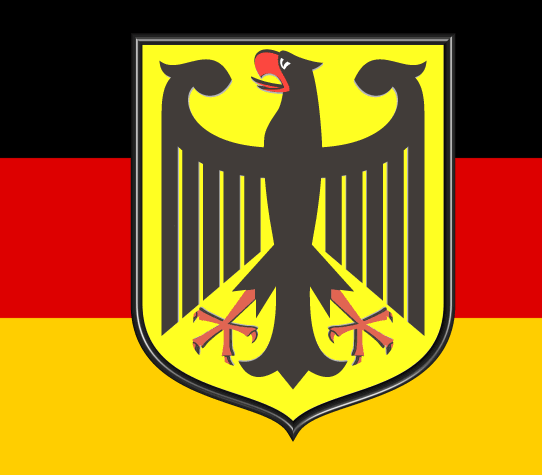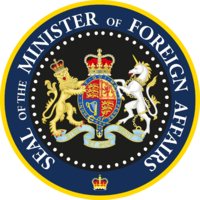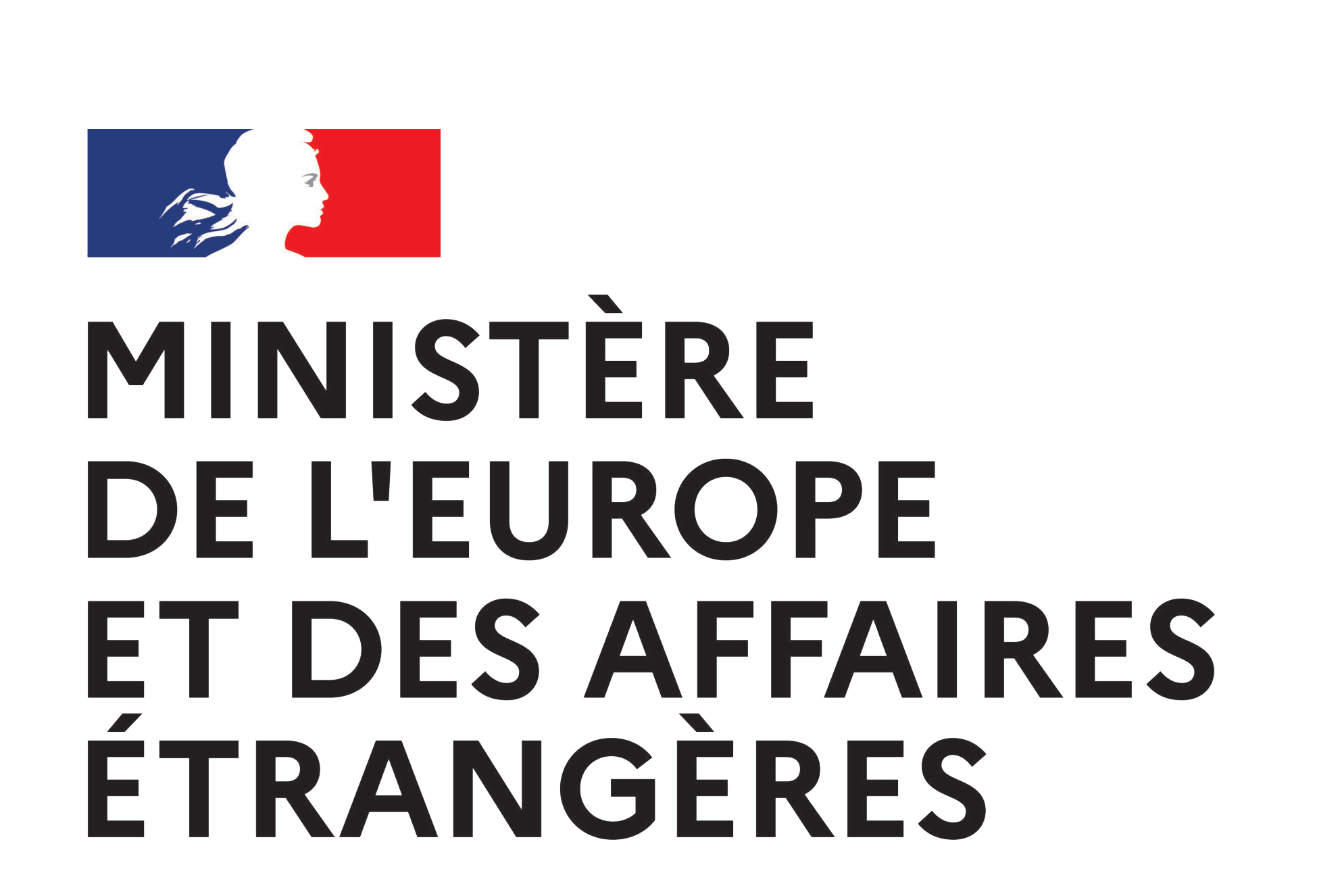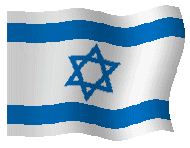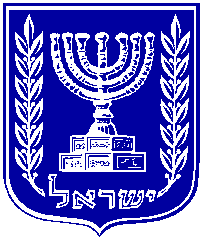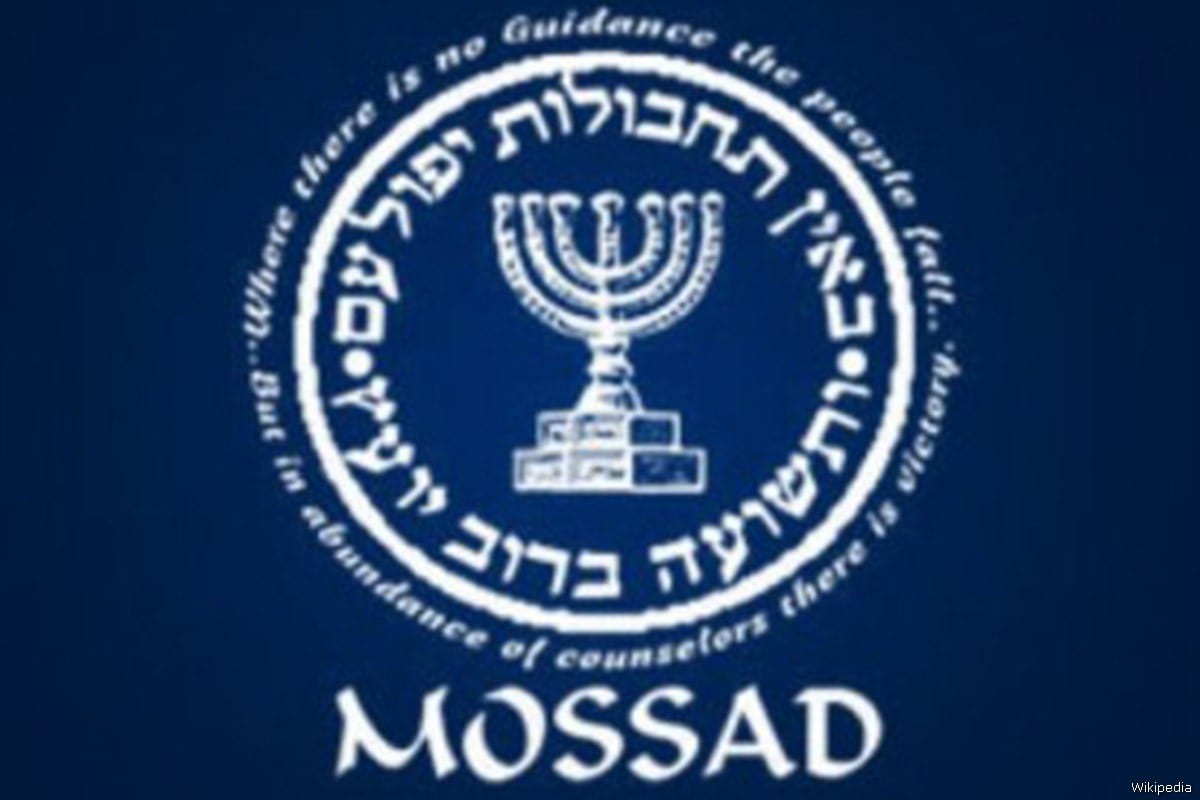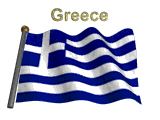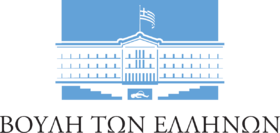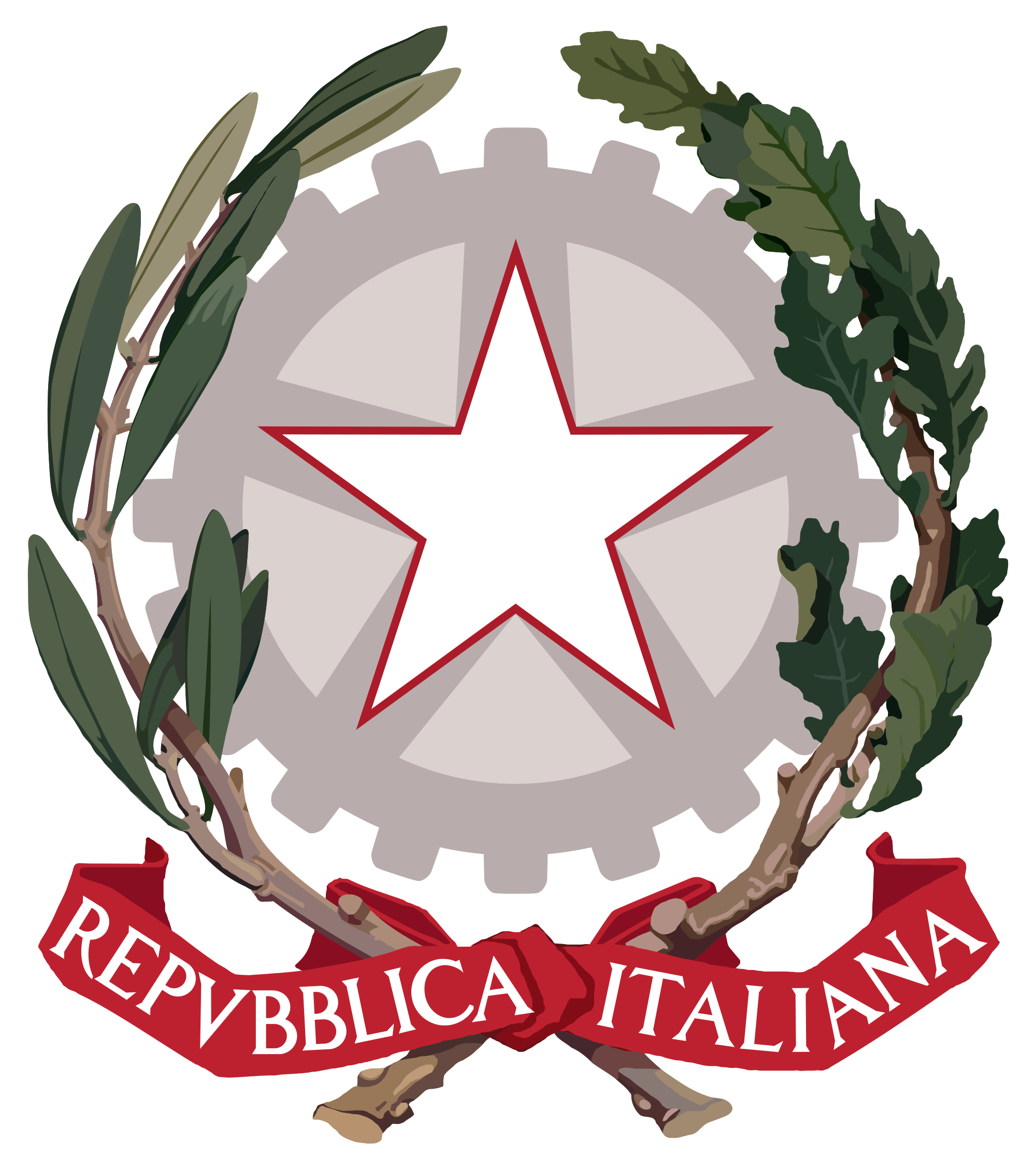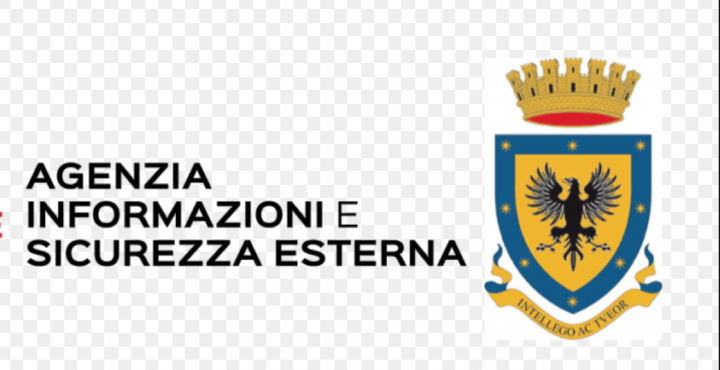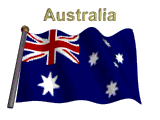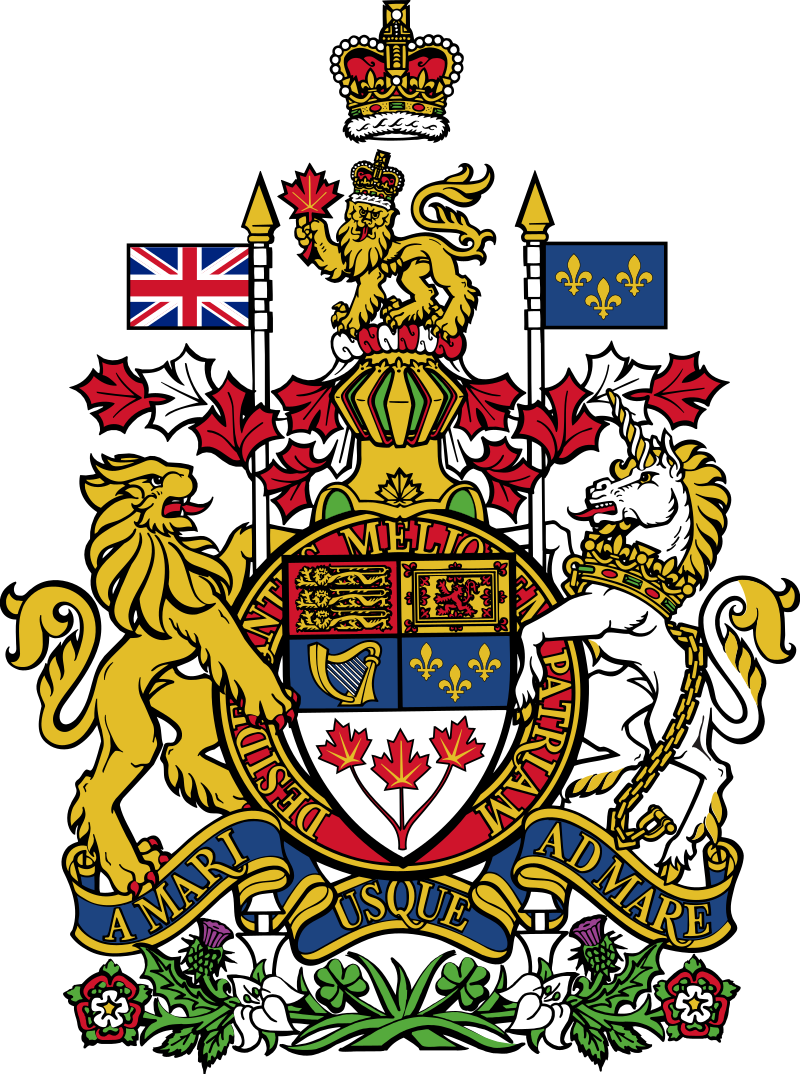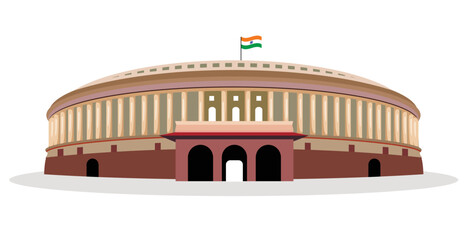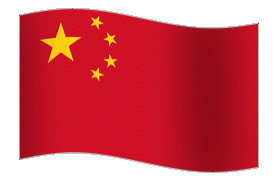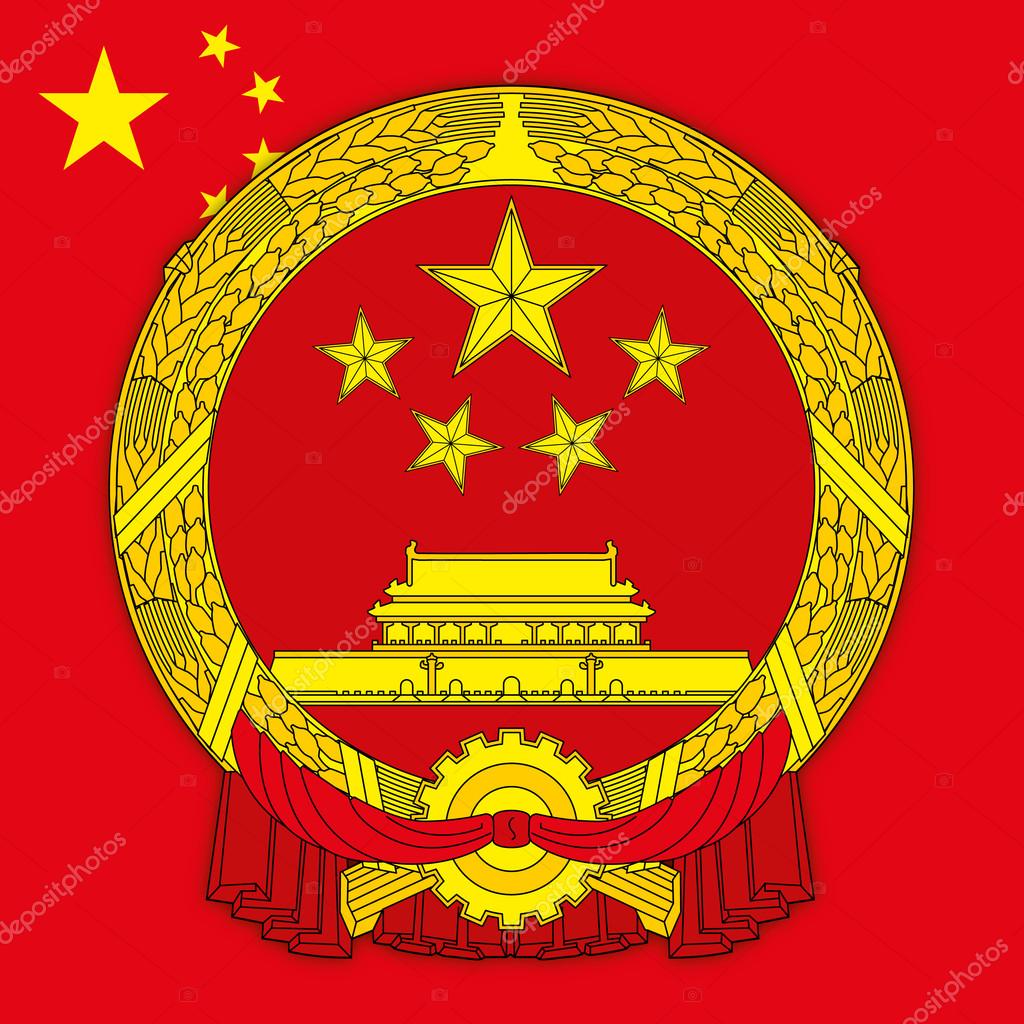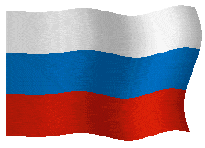SERDANA SEROKŹ KURDŻSTANŹ BŻRŹZ MESŪD BARZANĪ LŻ EWROPA
(4439 gotin)
(7450 car hat xwendin) 
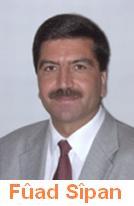
SERDANA SEROKŹ KURDŻSTANŹ BŻRŹZ MESŪD BARZANĪ LŻ EWROPA
Almanya, 22. 11. 2005 — Serokź Kurdistanź birźz Mesūd Barzanī di pź serdana xwe re li DYA bi serokź Amerīka birźz George W. Bush re serdana hin welatźn Ewropa jī kir. Rawestgeha serok ya yekem welatź Birītanya, Īngilistanź bū. Serokwezīrź Īngilistanź birźz Tony Blair li Londonź li kolana ku jźre dibźjin 10 Downing Street di avahiya xwe de pźžwazī serokź Kurdistanź birźz Mesūd Barzanī kir. Serokź Kurdistanź di pź Īngilistanź re serdana Almanya, Nemasa-Awistirya, Vatīkan ū Ītaliya jī kir.
Ji bilī tižtźn ku di ēapemeniyź de hatine wežandin, ēi dan ū standin di navbera serokź Kurdistanź ū rayedarźn dewletźn Ewropa de hatiye qisekirin em nizanin. Lź beyanźn birźz Mesūd Barzanī li ser serxwebūna Kurdistanź morala me hemū Kurdan li seranserź Kurdistanź ū li seranserź cīhanź zźde kir.
Serok Barzanī bi daxuyaniyźn xwe cesaret ū hźviya gelź Kurd bilind kir. Lź li aliyź din jī tirs ū xofa mezin kete dilź dijminan, ku serokź Kurdistanź wek serokź Kurdan yź fermī bi awayekī dīplomatīk hate pźžwazīkirin. Ev pźvajoya han dź her berdewam be. Źdī ti kes nikare vź ēerxź žūnde vegerīne. Min serdana serok di ēapemeniya cīhanź de žopand ū ezź di dawiya vź gotarź de wek nimūne hemī ēavkaniyźn di malperźn dewletan de hatine wežandin bidim. Di cih de ye, ku hinek li ser cidahī, ferq ū rola Almanya ū dewletźn din bisekinim.
Hūn xwendevanźn hźja dź di ēavkaniyan de jī bibīnin, ku serokź Kurdistanź birźz Mesūd Barzanī ji aliyź serok ū serokwezīrźn dewletan ve li Amerīka, li Īngilistan, li Nemasa, li Vatīkan ū li Ītaliya wek serokź Kurdistanź hatiye pźžwazīkirin. Lź serok Mesūd Barzanī li Almanya wek serokź Partiya Demokrata Kurdistan hate pźžwazīkirin. Ji bilī rojnameya Alman Frankfurter Allgemeine Zeitung (ew jī pir kurt) ti rojnameyźn din cīh nedan serdana serokź Kurdistanź li Almanya. Wek tź zanī serokź Kurdistanź birźz Mesūd Barzanī di 04.11.2005an de hevdītinek bi seroka Partiya Xiristiyanźn Demokrat (CDU) xanima Angela Merkel re ku niha bū serokwezīra Almanya ēź kir. Li gor rojnameya FAZ di vź hevdītinź de birźz Wolfgang Schäuble jī beždar būye ū bi taybetī li ser vegera Kurdźn ku di dema Sadam de ji welat reviyane ū niha li Almanya wek penaber dijīn sekinīne. Birźz Wolfgang Schäuble di hukumeta Angela Merkel de bū wezīrź hundir, loma ew jī di civīnź de beždar būye. Jixwe vegera Kurdźn penaber bi taybetī wī eleqedar dike. Bź guman mirov di xala ku li ser vegera Kurdźn penaber de jī niyeta Almaniya baž fźhm dike, ku wan di siyaseta xwe de li hemberī Kurdan ti guhertin ēź nekirine. Rayedarźn Almaniya di vź hevdītinź de bi birźz Mesūd Barzanī re jī wek her dem berjewendiyźn xwe dane pźž.
Ez di dawiya meha 9an 2005an de li Hewlźrź di Hotela Erbīl Īnternasyonal de rastī Almanekī ku navź wī Felix Neugart e hatim. Birźz Felix Neugart di girūpa lźkolīna siyasī ya Bertelsmann de kar dike. Ewī ilmź siyasī xwendiye ū zimanź Erebī jī dizane. Ewī ji min re got, ku ew ji aliyź PDK ve hatiye dawetkirin, da ku rewža Kurdistanź nas bike. Gorī agahdariyźn wī dane min dź Almaniya siyaseta xwe li hemberī bažūrź Kurdistanź biguherīne. Birźz Felix Neugart di pź vegera xwe re li ser Kurdistana azad gotareke 4 rūpel nivīsandiye. Ew di gotara xwe de gellekī pesna emniyeta Kurdistanź dide. Lź mixabin, ku li ser nakokiyźn Kurdan yźn berź jī disekine.
http://www.cap-lmu.de/download/CAP-Aktuell-2005-02.pdf
( Ēavkanī, malpera Bertelsmann Forschungsgruppe Politik )
Niha pirsek di cih de ye, ku gelo Almaniya dź siyaseta xwe li hemberī Kurdan biguhrīne an na? Ger biguherīne, dź awayź (žikilź) vź guhertinź ēawa be? Mixabin em niha nikarin bersiva van pirsan bidin. Lź rastiyek heye, ku Almaniya dź di demźn pźž de li Hewlźrź Konsolxaneyekź veke.
Ger em siyaseta Almaniya li hemberī Kurdan bi kurtayī žīrove bikin, dikarin bźjin, ku ji berź de dewleta Almaniya li hemberī Kurdan siyseteke ne di cih de, yeke ne maqūl mežandiye ū hź jī ne di cih de dimežīne. Almaniya her tim dīrekt ū īndīrekt bi Kurdan re xerabiyźn pir mezin kirine, ēek, sīleh ū jehriyźn gazź bi destūra hukumetźn xwe dane dijminźn Kurdan ū wan jī li dijī Kurdan bi kar aniye. Hźvīdar im ku dewleta Almaniya rojekź hźsabźn xerabiyźn xwe li hemberī Kurdan bide ū telafī bike.
Wek tź zanīn, serokź Kurdistanź birźz Mesūd Barzanī di 11.11.2005an de hevdītinek bi serokkomarź Nemsa birźz Dr. Heinz Fischer re ēźkir. Hźjayī gotinź ye, ku serokkomarź Nemsa birźz Dr. Heinz Fischer dostekī Kurdan yź ji dil de ye ū heyranź Melle Mistefa Barzaniyź mezin e. Beriya ku ew bibe serokkomarź Nemsa, ew serokź Parlamena Nemsa bū. Min di meha 7an di sala 2003an de li ser Melle Mistefa Barzaniyź mezin hevpeyvīn bi gellek kesan re ēź kiribū ū ji wan kesan yek jī hozanź gelź Kurd birźz Živan Perwer bū. Birźz Živan Perwer li ser hevdītina xwe ū birźz Dr. Heinz Fischer wiha dibźje :
Ez pir dixwazim ku her Kurdek Mele Mistefa Barzaniyź mezin baž binase.
Mesela īsal min Konserek li Awistirya li Viyana di Wienbūr Theater de li gel hūnermendź wan Kurt Ostban Konserek da vekirin.
Konsera me bi destź serokź Parlamena Awistirya Dr. Heinz Fischer vebū. Beriya Konserź em ēūne ziyareta wī. Wī ji min re got tu dizanī ez ji Kurdan hez dikim. Ji ber ku Kurd miletekī pir fźdakar e, ji bo dost ū heval ū cīranźn xwe her tižtī dikin, heger nīvź wī karī ji bo xwe bikirana vź gavź dź xwedī īdareyeke pir mezin būna. Lź ligel hemū zor ū zahmetiyan ez vī miletī pīroz dikim, ku hīn li ser lingan maye ū bere bere nźz 1i azadiyź dike. Lź ji bīr nekin, ku dīroka we mirovekī dayī ku ez pir heyranź wī me. Heger we ew baž fźh kiribe, him fīlozof e, him dozdar e ū him jī rźberekī mezin e, ew jī MELE MISTEFA BARZANĪ ye. Dr. Heinz Fischer digot gava ez xwendevan būm resmź(wźneyź) Mele Mistefa Barzanī tim li mala min bi dar de bū. Min ew kiribū nava qehreman ū efsaneyźn dinyayź.
http://www.pen-kurd.org/kurdi/fuatakpinar/melemustefabarzani.html
( Ēavkanī, malpera Navenda PENa Kurd )
Almanya, 28. 08. 2005
FŪAD SĪPAN ( AKPINAR )
fuadsipan@yahoo.de
* * * * * * * * * * * * * * * * * * * * * * * * * * *
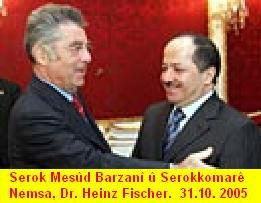
Serokź Kurdistanź birźz Mesūd Barzanī ū serokkomarź Nemsa birźz Dr. Heinz Fischer
ĪNGILĪSTAN 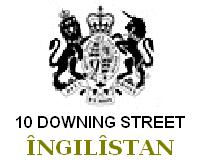
PM meets Kurdish leader at Number 10
31 October 2005
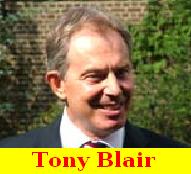
Tony Blair has held talks with Masoud Barzani, the President of the Kurdistan Region of Iraq, in Downing Street today.
Speaking to journalists afterwards, the PM reflected on the way forward for Iraq.
"After the constitutional referendum the next stage is to have successful elections in December.
"We hope that they will be successful and that that will allow Iraq to become the stable and democratic country its people want to see. And thanks to you and all of your colleagues for your courage throughout this process."
Mr Barzani thanked Britain for its help in liberating Iraq, and expressed his condolences to the families of those soldiers who had lost their lives.
Doorstep interview with Masoud Barzani, President of the Kurdistan region in Iraq
31 October 2005
Tony Blair met with Masoud Barzani at Number 10 and spoke briefly to journalists afterwards. The PM was also asked about news stories concerning David Blunkett.
PM meets Kurdish leader at Number 10
Opening statements
Tony Blair :
Good afternoon everyone. A very warm welcome to President Barzani. We are delighted to have you here, Sir. Thank you for everything that you are doing in Iraq at the present time. Obviously after the Constitutional Referendum the next stage is to have successful elections in December. We hope that they will be successful and that that will allow Iraq to become the stable and democratic country its people want to see. And thanks to you and all of your colleagues for your courage throughout this process. Thank you.
President Barzani :
Thank you very much Mr Prime Minister. Allow me to express our thanks and appreciation for the warm welcome and also the thanks and the appreciation of the people of Kurdistan and the majority of the people of Iraq for the brave role that you have personally played and also for your courage in helping the people of Iraq to be liberated.
And I would also like to express our condolences and sympathies to the families of the British soldiers who have sacrificed their lives in order to save other people's lives and also to create freedom.
Mr Prime Minister, we have started a democratic process in Iraq with the help and support from you, from the United States and from other coalition partners.
We are facing and confronting the terrorists who have tried their best in order not to allow for this process to succeed.
There might be voices here in Britain and in the United States and in our country of people who are anti-war, but this will have been imposed on us. If there is any weakness in dealing with this war, then the war will come to our doorsteps.
And I would like to assure you, Mr Prime Minister, that we in Kurdistan will do our best so that the election results will be very good so that after the election we will be able to form a government that will represent all the peoples of Iraq and also succeed in our efforts with the democratic process and we will try our best in order to work for the implementation of the Constitution that was ratified recently after the vote on the 15th of October so that we will be heading towards a future that will be prosperous for all of the people of Iraq and also for us to live in peace because Iraq is a key.
And once again I would like to thank you and express my appreciation.
Tony Blair :
Thank you Sir. Thank you very much.
Question and answer session
Question :
Mr Barzani, my question to you is regarding the coming elections. The elections that have been announced. Which of these lists to you feel is closest to the Kurdish people's aspirations and do you expect an alliance with the United Iraqi Alliance after the problems with this government ?
Prime Minister, if I may ask you regarding the number of 26,000 Iraqi civilian deaths over the past 2 years, is this number as high as you expected and what are the responsibilities of the coalition troops to protect Iraqi lives ?
President Baezani :
In Kurdistan we enjoy very good relations with all the different groups and lists and we have to wait for the results of the elections. We will work on the basis of commitment to the Constitution that was drafted and that was ratified. And we will continue to play our role, which was a mediatory role, and the role which we play with all the different groups and our coalition will be with all of them.
Tony Blair :
Let me make it clear, we regret any civilian deaths. Those who don't regret civilian deaths are the people engaged in acts of terrorism deliberately killing civilians, and that is not the Iraqi Security Forces nor the Multinational Force. It is the terrorists and insurgents who are killing people in order to stop the democratic process, and my point is very simple for everybody. Let the democratic process work, let people vote freely, let them decide their own government, and if the violence stopped today, the multinational force could leave tomorrow. It is the violence that keeps us in order to support the political process. So those who are responsible for civilian deaths are those who are engaged in acts of violence to prevent democracy.
Question :
The Cabinet Secretary has announced an enquiry into allegations levelled by the Conservatives at David Blunkett and his business dealings. Can you continue to give him your full support whilst that investigation is ongoing and the jury is still out ?
Tony Blair :
I do give him my confidence. Look in respect of the allegations about the shareholding, I know David is looking into that. I have been dealing with other things today. But I think that he should be allowed to get on with his job which is very important in reforming and reshaping our welfare system.
Question :
Two questions, the first for President Barzani. After your visit and your meeting with the Prime Minister, I know that important issues have been raised and discussed. Could you give us some of the basic things which have been discussed between you which is relevant to the future of the Kurdistan region ?
And a question for Prime Minister Blair, the coalition of the alliance between Kurdistan and Britain, could we call that one of the bases of this alliance is confronting terrorism ?
President Barzani :
Of course we discussed the current situation in Iraq and the future, and we also stressed our full co-operation for the domestic process that we have started in Iraq so that it will make progress and will succeed and our views were identical.
Tony Blair :
Look, one of the interesting things about Kurdistan is that there, because there has been the opportunity for people to live and work in peace, that region is so much stronger. It is economically stronger, it is stronger in terms of the living standards of its people and what it shows is what Iraq itself could be like if the terrorism would stop and proper systems of democracy then shape the future of Iraq. This is a basic and important struggle for not just the freedom of people in Iraq against terrorism, but for the freedom of people everywhere against terrorism. The self-same people who are killing innocent people in Iraq are killing innocent people in India, in Egypt, in this country, in other parts of Europe, in other parts of the world, and therefore the bond between us is a very, very strong one. It is to stand firm for democracy against terrorism, and to be prepared to carry that fight to whatever corner of the world these terrorists operate.
Question :
Forgive me President, this is for the Prime Minister on a domestic matter again. If it is found that David Blunkett had a conflict of interests in holding on to these shares for his family, what will be the consequences for him ?
Tony Blair :
Well I think Gary, if you will forgive me, we had better work out first of all what has actually happened and as I said a moment or two ago in answer to the earlier question, I know David is looking into this issue to do with the shareholding, and I don't think I have got really anything more to say on it at this point except to say that I don't think people should rush to a conclusion until we actually know what has gone on.
http://www.number-10.gov.uk/output/Page8407.asp
http://www.number-10.gov.uk/output/Page8408.asp
( Ēavkanī, malpera serokwezīrź Īngilīstanź Tony Blair )
ALMANYA 
Politik
05.11.05 Merkel trifft Barzani
Lt. BERLIN, 4. November. Der Vorsitzende der Demokratischen Partei Kurdistans (KDP), Barzani, hat in Berlin Gespräche mit der Kanzlerkandidatin der Union Merkel und mit dem als künftiger Bundesinnenminister benannten stellvertretenden Unionsfraktionschef Schäuble geführt. Es hieß, Gegenstand der Unterredung mit Schäuble sei auch die Frage der Rückführung kurdischer Flüchtlinge aus Deutschland in den kurdischen Norden des Iraks gewesen. Nach dem Gespräch mit Frau Merkel verlautete, sie habe sich von Barzani über die Lage im Irak nach dem Verfassungsreferendum und über seine Beurteilung der jüngsten Entwicklungen im Nachbarland Iran informieren lassen. Barzani werde als Gesprächspartner vor allem auch wegen seiner stabilisierenden Rolle im irakischen Machtgefüge geschätzt.
http://fazarchiv.faz.net/FAZ.ein
( Ēavkanī, malpera rojnama Frankfurter Allgemeine Zeitung )
NEMSA 
derStandard.at | Politik | International
11. November 2005 / 12:31
Präsident der kurdischen Provinzen im Irak bei Bundespräsident Fischer
Barzani : Derzeit kein Interesse an kurdischer Unabhängigkeit
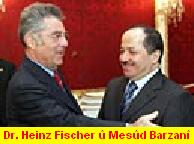
Bundespräsident Fischer empfängt den Präsidenten der kurdischen
Autonomiegebiete im Nordirak, Massud Barzani.
Hintergrund
Massud Barzani - Pragmatischer Kurden-Führer
Wien - Eine Unabhängigkeit der kurdischen Gebiete im Nordirak steht derzeit nicht auf der Tagesordnung. Das Interesse der irakischen Kurden sei es, "in dieser Phase", innerhalb des Irak zu bleiben, sagte der Präsident der kurdischen Provinzen im Irak, Massud Barzani, am Freitag nach einem Gespräch mit Bundespräsident Heinz Fischer in der Wiener Hofburg vor Journalisten. Gleichzeitig betonte er, das Selbstbestimmungsrecht sei "ein natürliches Recht für uns". "Die Kurden werden das sicherlich nie aufgeben."
Gute Sicherheitslage in Kurdistan
Mehr zum Thema
Wien
Jeder Bezirk hat seine Stadtgeschichten
Sicherheit
Die Microsoft Sicherheits-Strategie
bezahlte Einschaltungen
"Immer, wenn der politische Prozess vorangeht, wird auch die Sicherheitslage besser", sagte Barzani im Hinblick auf die anstehenden irakischen Parlamentswahlen am 15. Dezember. "Aber wir haben sehr große Probleme mit der Sicherheit gehabt." Die Sicherheitslage in Kurdistan sei sehr gut.
Auf die Frage nach einem angemessenen Urteil für Ex-Diktator Saddam Hussein antwortete Barzani: "Was die Richter entscheiden, das akzeptieren wir." Der Prozess gegen den Ex-Diktator hat am 19. Oktober in Bagdad begonnen. (APA)
http://derstandard.at/
( Ēavkanī, malpera rojnama Der Standard )
VATĪKAN 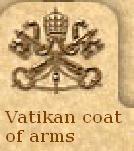
AUDIENCES
VATICAN CITY, NOV 14, 2005 ( VIS ) - The Holy Father today received in separate audiences:
- Wolfgang Schussel, federal chancellor of Austria, accompanied by an entourage.
- Six prelates from the Czech Bishops' Conference on their "ad limina" visit:
- Cardinal Miloslav Vlk, archbishop of Prague, accompanied by Auxiliary Bishops Vaclav Maly, and Karel Herbst S.D.B., and by former Auxiliary Bishop Jaroslav Skarvada.
- Archbishop Jan Graubner of Olomoue, accompanied by Auxiliary Bishop Josef Hrdlicka.
- Masoud al-Barzani, president of the Iraqi region of Kurdistan, accompanied by an entourage.
On Saturday, November 12, he received in separate audiences:
- Bishop Walter Mixa of Augsburg, Germany.
- Cardinal Giovanni Battista Re, prefect of the Congregation for Bishops.
AP:AL/.../... VIS 051114 ( 120 )
http://212.77.1.245/news_services/press/vis/dinamiche/d7_en.htm
( Ēavkanī, malpera Vatīkan )
ĪTALYA 
martedģ 15 novembre 2005
Incontro Berlusconi - Barzani
Il Presidente del Consiglio Silvio Berlusconi ha ricevuto oggi il Presidente della Regione irachena del Kurdistan, Massoud Barzani. Nell’incontro sono state esaminate le prospettive di una maggiore presenza economica italiana nella regione irachena curda. Il Presidente Barzani ha sottolineato come essa goda di una maggiore stabilitą e sicurezza e possa quindi costituire per investitori e uomini d’affari la porta dell’Iraq. Il Presidente Berlusconi ha confermato che l’Italia considera irrinunciabili i valori di integritą, indipendenza e libertą dell’Iraq. In particolare il Presidente del Consiglio ha rilevato come la diversitą tra etnie e gruppi religiosi dell’Iraq deve essere una fonte di ricchezza e non di divisione. Da parte sua il Presidente Barzani, analogamente a tutte le autoritą irachene, sia sciite che sunnite o curde, che sono venute a Roma, ha espresso gratitudine per l’impegno italiano a costruire un nuovo paese libero e democratico dopo la crudele dittatura di Saddam Hussein, che opprimeva tutti gli iracheni. Nel colloquio č stata espressa una valutazione positiva del crescente coinvolgimento di tutti i gruppi etnici e religiosi dell’Iraq nel processo politico che sta facendo nascere in Medio Oriente una democrazia nuova. Il consolidamento delle istituzioni democratiche con le elezioni previste a metą dicembre porterą al miglioramento delle condizioni di sicurezza nel Paese, all’avvio di un processo di sviluppo economico e renderą possibile una graduale riduzione dell’assistenza alla stabilizzazione e la ricostruzione dell’Iraq fornita dalla Forza Multinazionale autorizzata dal Consiglio di Sicurezza dell’ONU. In tale contesto il Presidente della Regione irachena del Kurdistan ha sottolineato l’importanza di mantenere in questa fase la presenza della Forza Multinazionale, il cui prematuro ritiro rappresenterebbe una catastrofe per il popolo iracheno ed una vittoria per il terrorismo.
http://www.governo.it/notizie/not_notizia.asp?idno=1398
( Ēavkanī, malpera serokwezīrź Ītalya ) ( Silvio Berlusconi )
Berlusconi sarą ricevuto da Papa Ratzinger, forse sabato
CITTĄ DEL VATICANO — La violenza, l'ingiustizia, la guerra e i disordini sociali possono essere combattuti con un rinnovato rispetto della legge morale universale i cui principi derivano da Dio, e allo stesso tempo č importante promuovere la «dignitą, la vita e la libertą di ogni persona umana». Č quanto ha detto il Papa ricevendo ieri mattina in udienza il nuovo ambasciatore degli Stati Uniti presso la Santa Sede, Francis Rooney, per la presentazione delle lettere credenziali. Benedetto XVI ha ricambiato i saluti inviati dal presidente George Bush, ha inviato la sua preghiera per le vittime degli uragani nel suo del Paese e ha auspicato relazioni diplomatiche «pił profonde e consolidate» con gli Usa. Il programma di Joseph Ratzinger prevede domani la visita del primo ministro dell'Austria, Wolfgang Schussel che prosegue il ciclo di udienze che il Papa tedesco sta avendo con i rappresentanti delle istituzioni tedesche. Sempre domani, secondo quanto annunciato dall'ambasciata dell'Iraq presso la Santa Sede, Benedetto XVI incontrerą il presidente della regione irachena del Kurdistan Masoud Al Barzani e il primo ministro Nechirvan Barzani. In pratica, si realizzerą una cinque giorni dedicata all'Iraq, considerato che il Papa ha visto giovedģ il presidente iracheno Jalal Talabani e ieri i vescovi caldei, ai quali ha detto che «pur nell'attuale difficile situazione», il popolo iracheno non deve «perdersi d'animo», ma «proseguire nella strada verso la riconciliazione e la pace». Giovedģ, invece, sarą la volta del presidente di Israele Moshe Katsav ad essere ricevuto. Una visita di particolare importanza, vista l'attenzione che israeliani e Vaticano mettono nei rispettivi rapporti diplomatici. Katsav, che incontrerą anche il Segretario di Stato, cardinale Angelo Sodano, nei giorni scorsi si č pronunciato per una collaborazione tra tutte le religioni per far fronte alla minaccia del terrorismo. Sabato, secondo quello che in Vaticano viene definito un «programma ufficioso», č atteso il presidente del Consiglio, Silvio Berlusconi, in un’udienza che al momento č a carattere privato. Un'occasione di incontro che in ogni caso sarą importante per i rapporti tra Italia e Vaticano, che in questo momento godono di una particolare sintonia, come hanno dimostrato le visite di cortesia che il presidente Carlo Azeglio Ciampi e Benedetto XVI si sono scambiati in Vaticano prima e al Quirinale dopo. Relazioni ottime, come ha anche testimoniato il presidente della Camera, Pier Ferdinando Casini, che il 7 novembre ha visto il papa in forma privata, ringraziandolo per la «particolare attenzione» con cui guarda al nostro «Paese ed alle sue Istituzioni rappresentative».
domenica 13 novembre 2005
http://www.iltempo.it/approfondimenti/index.aspx?id=807244
( Ēavkanī, malpera rojnama Ītalya Īltempo )
Hevdītina serokź Kurdistanź birźz Barzanī ū serokwezīrź Nemsa Schussel li Romź, li Vatīkanź.
Schussel e Al Barzani in Vaticano
L’austriaco Schussel e il kurdo iracheno Al BArzani. Č stato un lunedģ di incontri quello del Papa. Prima trenta minuti di colloquio privato, una sorta di record nelle udienze ufficiali, con il cancelliere austriaco Wolfgang Schussel. L’udienza č stata definita «molto cordiale» e si č svolta in un clima rilassato e, naturalmente, in lingua tedesca. Benedetto XVI ha salutato con particolare attenzione la presidente del festival di Salisburgo, Helga Rabl-Stadler, ricevuta insieme al seguito del cancelliere, nella parte pubblica dell'incontro, durata circa 10 minuti. Subito dopo, Schussel č stato ricevuto dal segretario di Stato, cardinale Angelo Sodano. Il Papa ha poi ricevuto il presidente della regione del Kurdistan iracheno Masoud Al-Barzani, accompagnato dal suo primo ministro Nechirvan Barzani e dal seguito. L'incontro con la delegazione curda conclude una settimana di udienze che il papa ha dedicato all'Iraq, giovedģ con il presidente, Jalal Talabani, e sabato con i vescovi caldei iracheni che hanno tenuto un loro sinodo straordinario a Roma. Al Barzani ha definito la visita «un incontro storico». «Č stato importante per noi spiegare le circostanze attuali e dare al Papa un quadro della situazione, con i problemi reali, inclusa la situazione della comunitą cristiana che convive con noi. Abbiamo chiesto al Papa - ha aggiunto - un supporto alla stabilitą dell'Iraq per tutta la popolazione inclusi curdi e cristiani». «Č la prima volta che una rappresentanza curda ha la possibilitą di avere un incontro di questo livello il Vaticano con il Papa», ha precisato Al Barzani. Dal canto suo il presidente si č impegnato a tutelare i diritti della comunitą cristiana: «Viviamo nello stesso Paese, quindi dobbiamo coesistere nella tolleranza reciproca».
martedģ 15 novembre 2005
http://www.iltempo.it/approfondimenti/index.aspx?id=808172&Sectionid=5&Editionid=5
( Ēavkanī, malpera rojnama Ītalya Īltempo )
|







 Ev malper, herī bash, bi Avant Browser, tź xuyakirin...
Ev malper, herī bash, bi Avant Browser, tź xuyakirin...
 Diese WebSeite wird am besten mit dem Avant Browser betrachtet...
Diese WebSeite wird am besten mit dem Avant Browser betrachtet...
 This site is best viewed with Avant Browser...
This site is best viewed with Avant Browser...

![]()
![]() Download !!!
Download !!! ![]()
![]()

 This site is best viewed with Avant Browser...
This site is best viewed with Avant Browser...
 Diese WebSeite wird am besten mit dem Avant Browser betrachtet...
Diese WebSeite wird am besten mit dem Avant Browser betrachtet...
 Ev malper, herī bash, bi Avant Browser, tź xuyakirin...
Ev malper, herī bash, bi Avant Browser, tź xuyakirin...




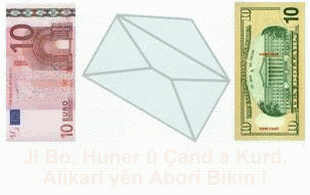


 Tesla
Tesla 
 Tesla
Tesla 
 Tesla
Tesla 


 Tabacco
Tabacco 
 Tabacco
Tabacco 


